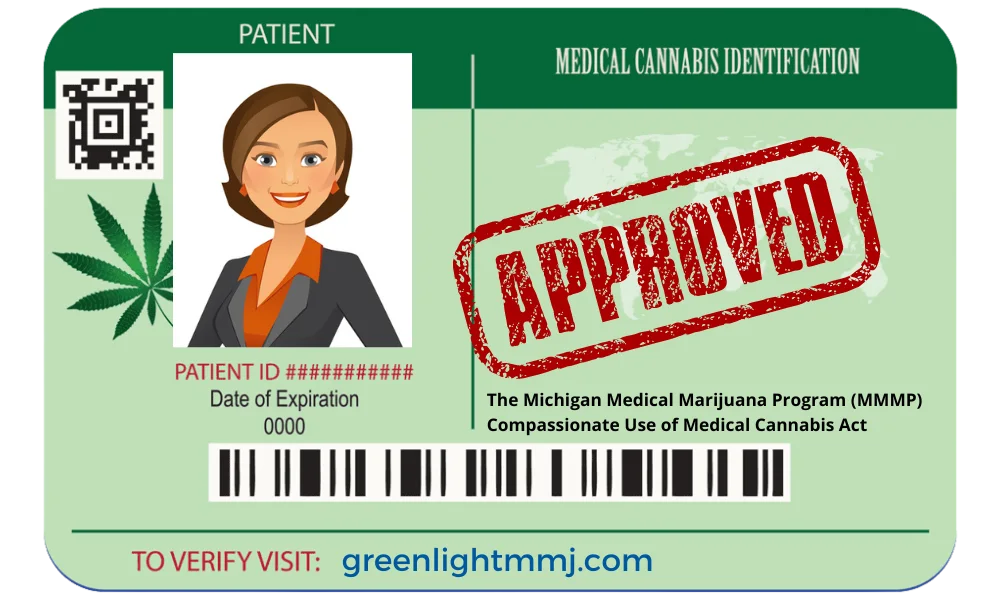Situate a Close-by Medical Marijuana Dispensary for Quality Products
Situate a Close-by Medical Marijuana Dispensary for Quality Products
Blog Article
Shedding Light on What Medical Marijuana Can Treat: an In-Depth Analysis of Its Healing Properties
In recent years, there has been a growing rate of interest in the therapeutic potential of clinical marijuana. While unscientific evidence is plentiful, a detailed exam of the scientific data pertaining to the efficiency of medical cannabis in dealing with these conditions is warranted.
Chronic Pain Management
Persistent pain monitoring remains a crucial facet of healthcare, necessitating a comprehensive strategy for effective treatment. In recent times, medical cannabis has emerged as a prospective therapeutic option for individuals suffering from persistent pain problems. The endocannabinoid system, which plays an essential duty hurting modulation, has been targeted by cannabis-based treatments to relieve symptoms and improve top quality of life for patients.

Furthermore, medical marijuana provides an appealing option for people that experience intolerable adverse effects from conventional discomfort drugs. Its ability to deal with pain with a different system makes it a useful addition to the collection of treatments available for persistent discomfort administration.
Epilepsy Treatment Prospective
Clinical cannabis has shown appealing possibility in the treatment of epilepsy, offering a novel healing approach for managing seizures in clients. Epilepsy is a neurological condition identified by reoccurring seizures, impacting individuals of every ages. Traditional therapies for epilepsy include antiepileptic medications, however these drugs may not work for all people and can have significant adverse effects.
Research study on using medical cannabis for epilepsy has exposed encouraging outcomes. Cannabidiol (CBD), a non-psychoactive substance found in cannabis, has been particularly highlighted for its anticonvulsant residential or commercial properties. Researches have actually shown that CBD can reduce the frequency and extent of seizures in clients with treatment-resistant forms of epilepsy, such as Dravet syndrome and Lennox-Gastaut disorder.
Additionally, the FDA has actually accepted a CBD-based drug, Epidiolex, for the therapy of seizures connected with these serious types of epilepsy. This turning point underscores the growing acknowledgment of medical cannabis as a valuable restorative alternative for taking care of epilepsy and supplies hope for people who have actually not responded well to conventional treatments.
Nausea Relief Advantages
The alleviation of queasiness via making use of cannabis has been progressively recognized for its healing advantages in different medical problems. Nausea and throwing up prevail signs and symptoms experienced by individuals undergoing radiation treatment, those with food poisonings, and individuals with chronic discomfort conditions. Medical cannabis, with its energetic compounds such as THC and CBD, has actually revealed assurance in offering alleviation view publisher site from queasiness.

Additionally, clinical marijuana offers an all-natural option for people that do not respond well to conventional anti-nausea medicines or who experience extreme negative effects from these medications. Individuals undertaking chemotherapy, particularly, have actually reported significant enhancements in their lifestyle when making use of marijuana to take care of queasiness. As research study around remains to expand, medical marijuana is increasingly being considered as a valuable alternative for queasiness alleviation in different clinical settings.
Stress And Anxiety Decrease Impacts
Researches have demonstrated the capacity of cannabis in minimizing stress and anxiety signs and symptoms via its communication with the endocannabinoid system. The endocannabinoid system plays an important function in managing feelings, including stress and anxiety, by preserving homeostasis in the body. Cannabinoids in marijuana, such as THC and CBD, communicate with the endocannabinoid receptors in the mind, specifically the CB1 and CB2 receptors, to modulate anxiety-related feedbacks.

Individuals with problems like generalized anxiety problem (GAD), social anxiety disorder, and trauma (PTSD) might profit from the anxiolytic buildings of marijuana (Medical Marijuana near me). additional info Additional study is needed to determine optimal dosages, distribution approaches, and long-term impacts on stress and anxiety management.
Prospective for Inflammation Control
With its known anti-inflammatory residential properties, marijuana has shown promise in possibly managing inflammation within the body. Swelling is the body's natural feedback to injury or infection, yet when it ends up being chronic, it can add to different illness such as joint inflammation, inflammatory bowel condition, and also heart disease. Research study suggests that the cannabinoids located in cannabis, such as THC and CBD, can help decrease and manage the immune response inflammation.
Researches have revealed that marijuana can connect with the endocannabinoid system, which plays an important duty in managing inflammation. By targeting the cannabinoid receptors, marijuana compounds can regulate the immune response, leading to a reduction in inflammation levels. This makes cannabis a possible prospect for managing inflammatory problems where standard therapies have actually failed.
Moreover, cannabis-derived products like CBD oil have actually acquired popularity for their anti-inflammatory homes, with many people utilizing them as an all-natural solution for problems connected with swelling. While more research is needed to fully comprehend the devices behind cannabis's anti-inflammatory effects, current searchings for reveal encouraging outcomes for the possible use of medical cannabis in controlling inflammation.
Verdict
To conclude, medical cannabis has actually revealed encouraging restorative residential properties in taking care of persistent pain, treating epilepsy, relieving nausea or vomiting, lowering stress and anxiety, and controlling inflammation. Its potential benefits in various clinical problems highlight the significance of further research study and expedition right into its medical use. The evidence recommends that clinical cannabis could be a beneficial alternative therapy choice for patients seeking remedy for a range of symptoms and problems.
In recent years, clinical cannabis has actually emerged as a potential restorative alternative for individuals suffering from chronic discomfort coumadin clinic problems.Clinical cannabis has shown encouraging potential in the treatment of epilepsy, providing an unique healing strategy for managing seizures in people. As study in this area continues to expand, medical cannabis is progressively being taken into consideration as a valuable option for nausea or vomiting alleviation in various medical setups.
In verdict, clinical cannabis has shown promising therapeutic homes in handling persistent pain, treating epilepsy, relieving nausea or vomiting, minimizing stress and anxiety, and controlling swelling. The proof suggests that clinical marijuana might be a useful option treatment option for clients seeking relief from a range of problems and signs.
Report this page